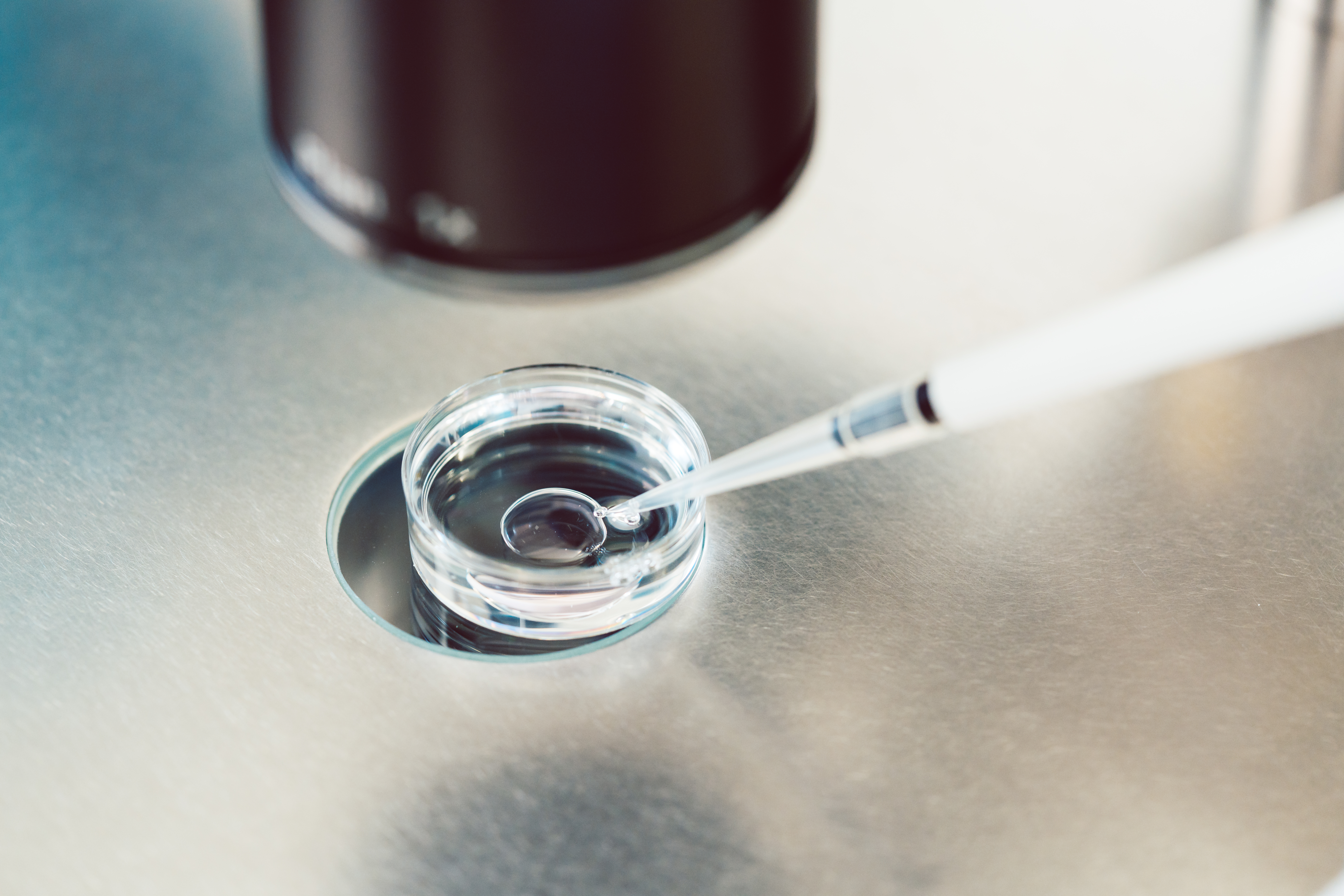The Alabama IVF ruling uses faux scientific language to justify a religious position
By David Sable,
STAT
| 02. 22. 2024
Imagine having 15 miscarriages.
Maybe you can shrug off the first one or two and keep trying to have children, to create a family. But soon every positive pregnancy test brings a sense of dread, of sad inevitability. Your body becomes your enemy.
In 1998, my group at Saint Barnabas Medical Center in suburban New Jersey was part of a team that developed a way to test for a genetic variant called a translocation, a swapping of parts of one chromosome with a different chromosome. For the most part, people with genetic translocations are completely fine; they have all of the same genes as anyone else. The problems arises when their cells have to split their chromosomes to make eggs or sperm, most of which have too much or little of some of the translocated genes. These unbalanced sperm and eggs create unbalanced embryos, which rarely develop past the second trimester.
By using fertility drugs to mature a number of eggs at once and fertilizing all of them, my colleagues and I were able to identify the small number of...
Related Articles
By Diaa Hadid and Shweta Desai, NPR | 01.29.2026
MUMBRA, India — The afternoon sun shines on the woman in a commuter-town café, highlighting her almond-shaped eyes and pale skin, a look often sought after by couples who need an egg to have a baby.
"I have good eggs,"...
By Steve Rose, The Guardian | 01.28.2026
Ed Zitron, EZPR.com; Experience Summit stage;
Web Summit 2024 via Wikipedia Commons licensed under CC by 2.0
If some time in an entirely possible future they come to make a movie about “how the AI bubble burst”, Ed Zitron will...
By Arthur Lazarus, MedPage Today | 01.23.2026
A growing body of contemporary research and reporting exposes how old ideas can find new life when repurposed within modern systems of medicine, technology, and public policy. Over the last decade, several trends have converged:
- The rise of polygenic scoring...
By Daphne O. Martschenko and Julia E. H. Brown, Hastings Bioethics Forum | 01.14.2026
There is growing concern that falling fertility rates will lead to economic and demographic catastrophe. The social and political movement known as pronatalism looks to combat depopulation by encouraging people to have as many children as possible. But not just...




